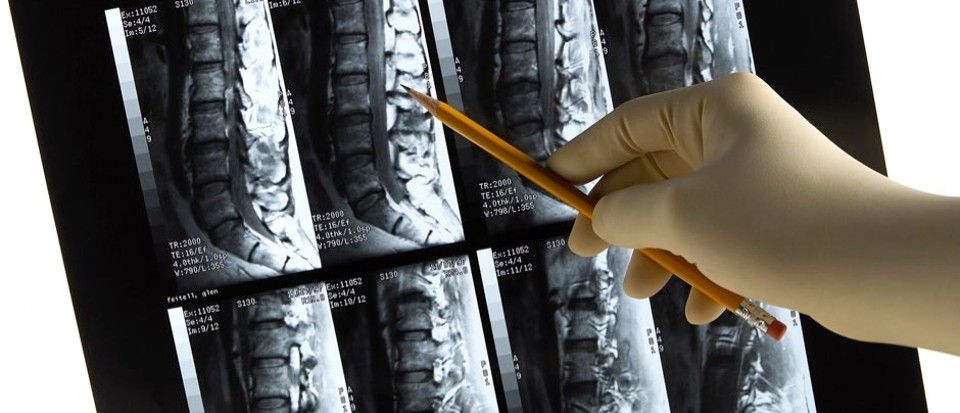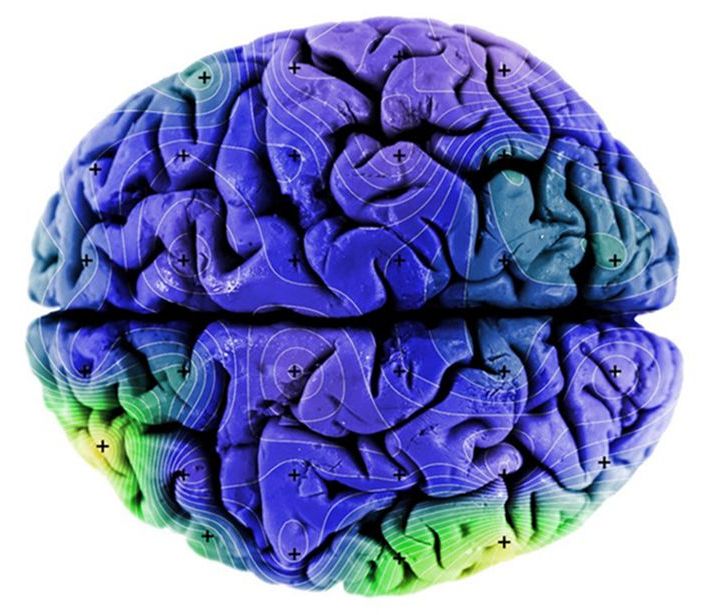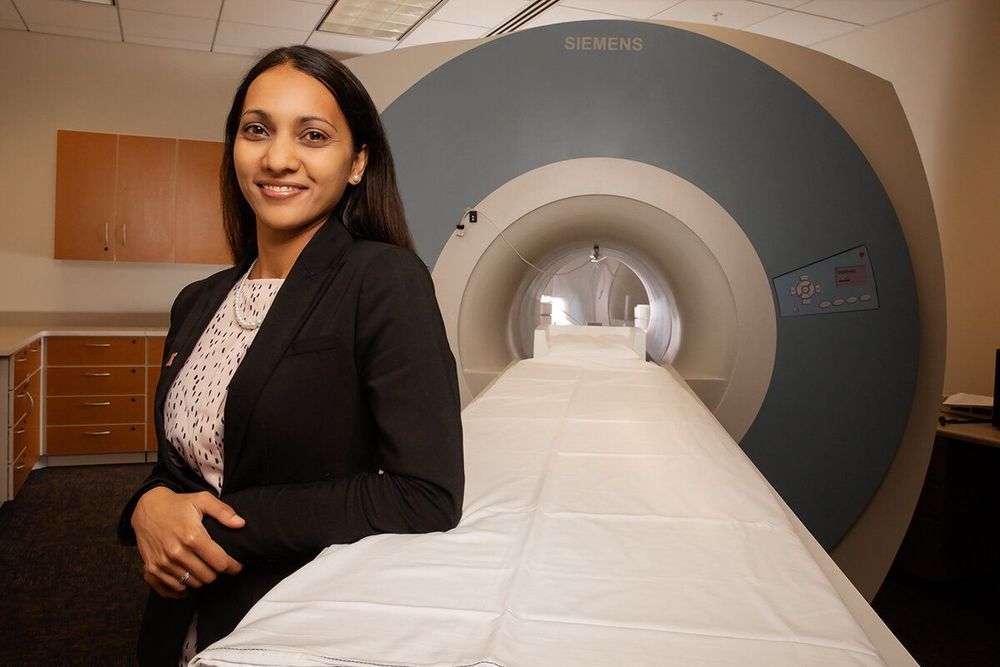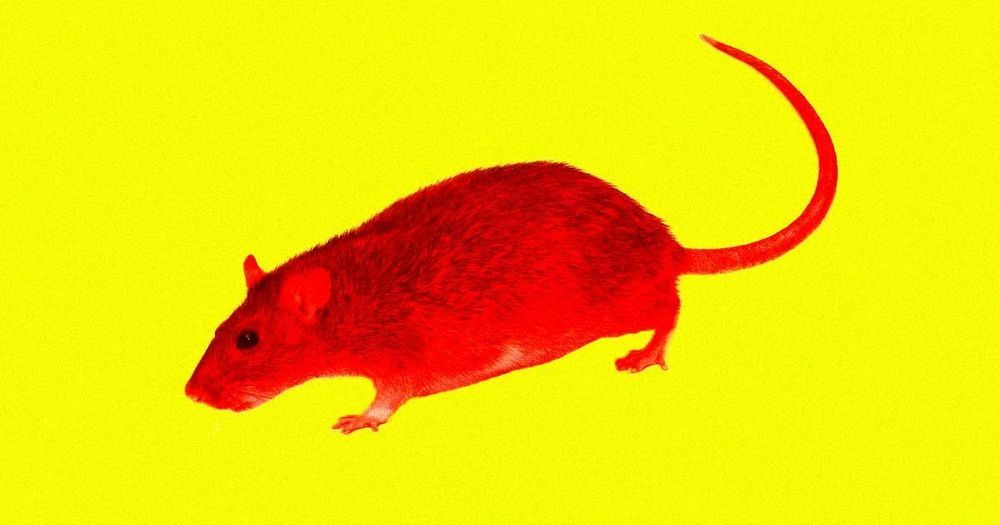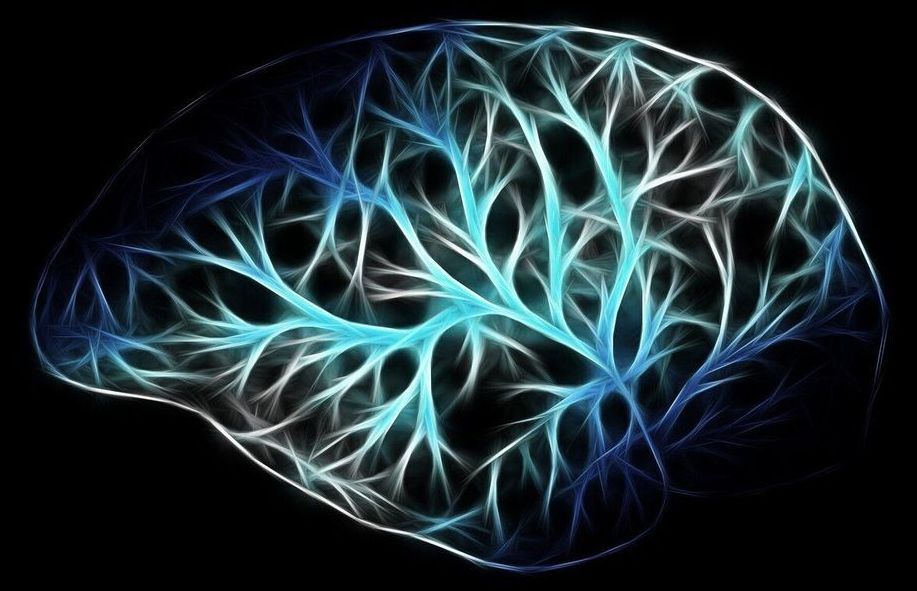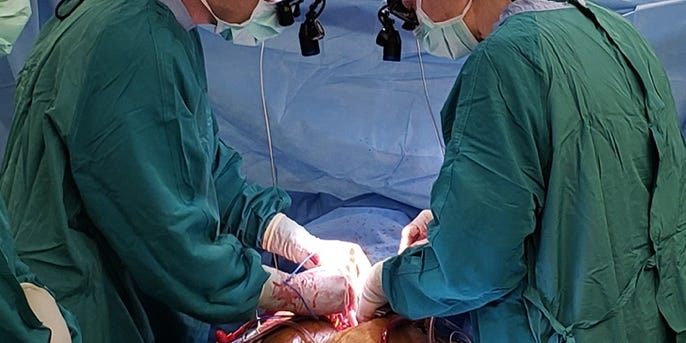People tend to think the brain does all the thinking, but the spinal cord has built-in intelligence, Mushahwar says. A complex chain of motor and sensory networks regulate everything from breathing to bowels, while the brain stem’s contribution is basically “go!” and “faster!” Your spinal cord isn’t just moving muscles, it’s giving you your natural gait.
Being able to control standing and walking would improve bone health, improve bowel and bladder function, and reduce pressure ulcers, the researchers say. For those with less severe spinal injuries, an implant could be therapeutic, removing the need for months of gruelling physical therapy regimes that have limited success, they add.
The team say they are now going to focus on refining the hardware further by miniaturising an implantable stimulator and getting approval from Health Canada and the FDA for human trials. The first generation of the implants will require a patient to control walking and movement through physical means, but longer term, the implants could potentially include a direct connection to the brain, they say.
